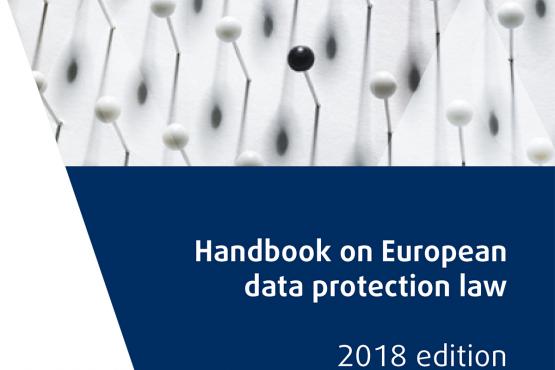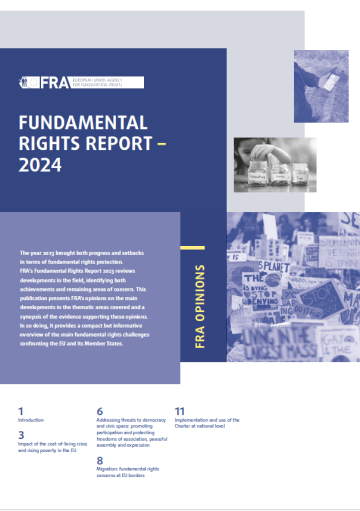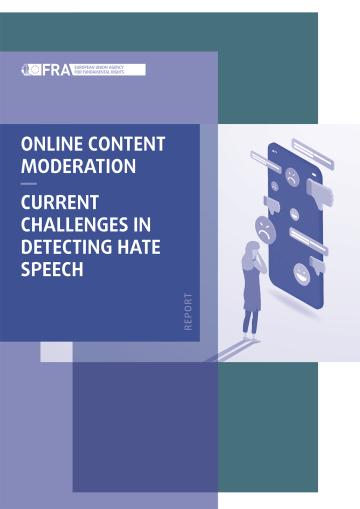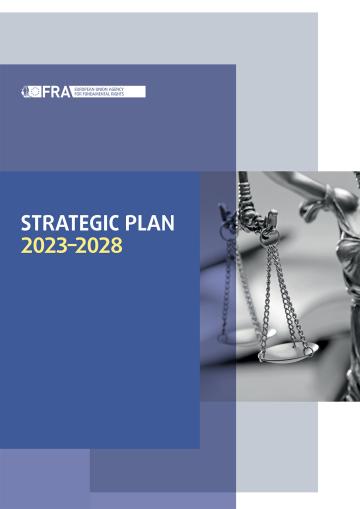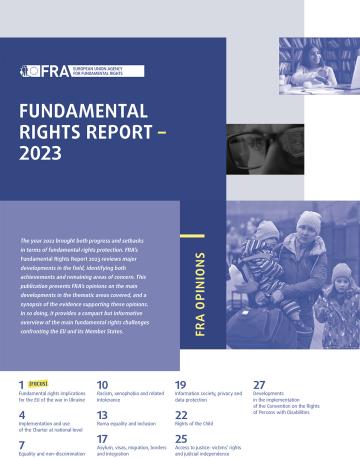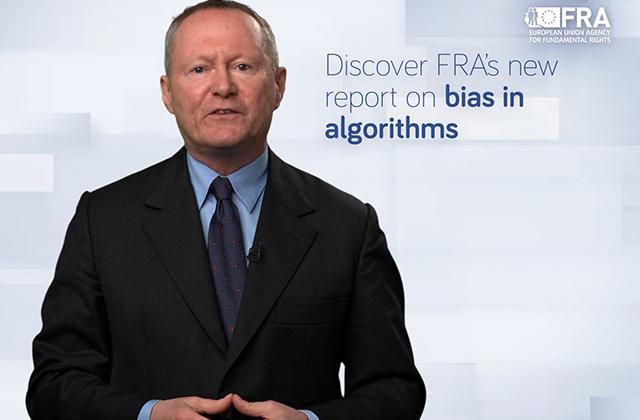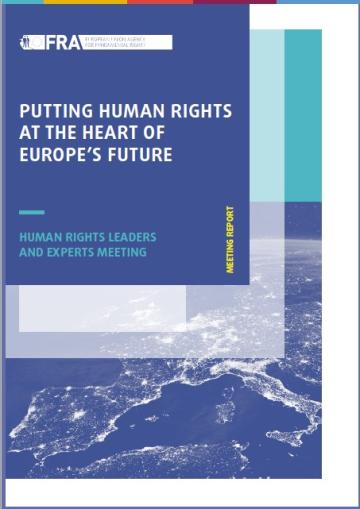Varstvo podatkov, zasebnost in nove tehnologije
<p>More of our everyday lives are online — both at work and home. Meanwhile, terror attacks intensify calls for more surveillance. Concerns grow over the safety of our privacy and personal data.</p>
<p>FRA helps lawmakers and practitioners protect your rights in a connected world.</p>
Highlights
- Report / Paper / Summary4December2025Artificial Intelligence comes with both benefits and risks. Safe AI use that accounts for fundamental rights is thus crucial. While the 2024 EU AI Act was a milestone in this regard, its broad definitions regarding AI systems and high-risk AI could introduce loopholes for fundamental rights compliance. This report offers an empirical basis for much-needed practical guidance on the Act’s implementation. Based on interviews with AI developers, sellers, and users, FRA addresses challenges of its use in critical domains, like asylum, education, and employment. Our findings help guide next steps in realising the AI Act’s potential to ensure responsible innovation.
- Report / Paper / Summary24May2023This report provides a partial update on the findings of the 2017 European Union Agency for Fundamental Rights (FRA) report Surveillance by intelligence services: Fundamental rights safeguards and remedies in the EU. It was prepared at the request of the European Parliament, which asked FRA to update its 2017 findings to support the work of its committee of inquiry to investigate the use of Pegasus and equivalent surveillance spyware (PEGA).
- Report / Paper / Summary8December2022Artificial intelligence is everywhere and affects everyone – from deciding what content people see on their social media feeds to determining who will receive state benefits. AI technologies are typically based on algorithms that make predictions to support or even fully automate decision-making.
- Handbook / Guide / Manual25May2018Hiter razvoj informacijske tehnologije stopnjuje potrebo po trdnem varstvu osebnih podatkov, kar je pravica,
ki je zaščitena z instrumenti Evropske unije (EU) in Sveta Evrope. Varovanje te pomembne pravice prinaša
nove in pomembne izzive, saj se s tehnološkim napredkom širijo meje področij, kot so nadzor, prestrezanje
komunikacij in shranjevanje podatkov. Ta priročnik je bil oblikovan, da bi delavce v pravni stroki, ki niso
specializirani za varstvo osebnih podatkov, seznanil s tem nastajajočim področjem prava.




